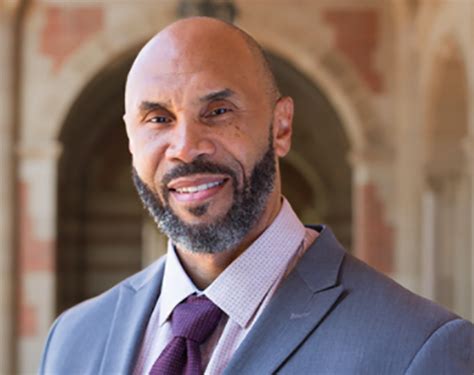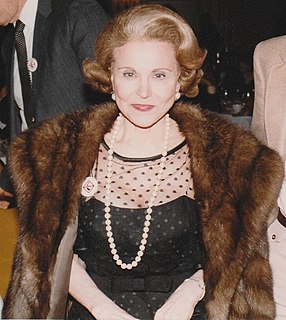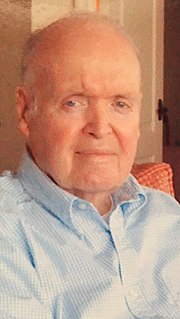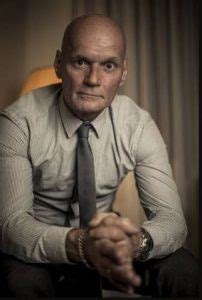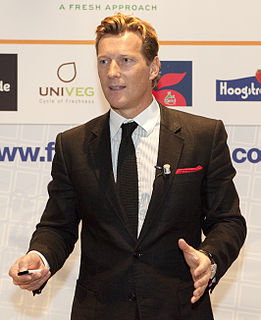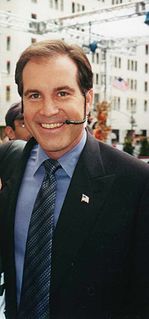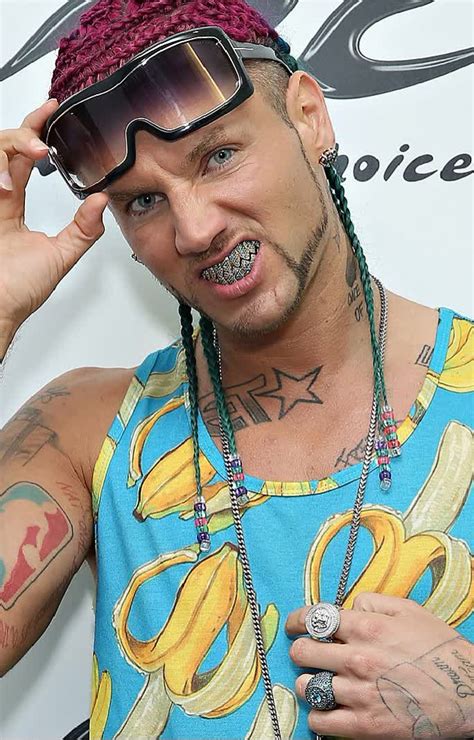A Quote by Dar Williams
I am one of those sort of "lesser" types, those sensitive types, those people who wouldn't have made it on their own if other people hadn't helped them. A straightforward capitalist society would've cut them off and let them die. So I was saved by my friends and by my family and by people who cared about me, and by modern psychotherapy that cared about women.
Related Quotes
People learn a lot about what they think they know about other people from what they see in the media. If they see certain types of images reproduced over and over again for other groups that limit them to narrow types of roles and portrayals, they start to take those prejudices into their interactions with those people in real society, and that creates all kinds of discriminatory problems.
Nobody gets to live life backward. Look ahead; that is where your future lies. Opportunities are usually disguised as hard work, so most people don't recognize them. People who care about each other enjoy doing things for one another. There are really only three types of people: those who make things happen, those who watch things happen, and those who say, What happened?
We are all healers of each other. Look at David Spiegel's fascinating study of putting people together in a support group and seeking that some people in it live twice as long as other people who are not in a support group. I asked David what went on in those groups and he said that people just cared about each other. Nothing big, no deep psychological stuff-people just cared about each other. The reality is that healing happens between people.
We have picked up people full of worms from the streets, cared for them and let them die in peace and love. When they are brought to our home, they feel they are in their own homes, with their own families. Now, I am trying to open a house for AIDS victims here (in Delhi). The people are dying because of it.
There are two types of people in the world. People who like kids, and people who don't. People who complain about kids screaming on aeroplanes and in restaurants, and those people who love kids and enjoy their energy and enjoy hearing the noise they make and get off on their energy. I am one of those people who happens to love kids.

